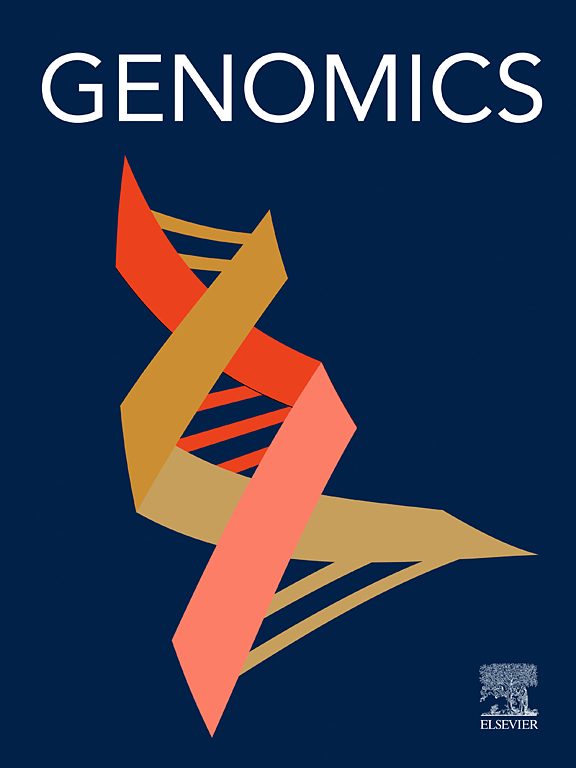枸杞1号幼苗对低氮胁迫的形态、生理和转录组学研究
IF 3
2区 生物学
Q2 BIOTECHNOLOGY & APPLIED MICROBIOLOGY
引用次数: 0
摘要
氮是植物生长发育的必需元素之一。本研究评估了低氮胁迫对枸杞幼苗的影响,发现低氮胁迫导致枸杞幼苗株高、鲜重和干重以及叶片硝态氮水平显著降低。LN胁迫还改变了抗氧化防御系统的活性、参与氮同化的关键酶和植物激素水平。转录组学分析分别在根、茎和叶中鉴定出3015、2032和3382个差异表达基因(deg)。京都基因与基因组百科(KEGG)途径富集分析进一步强调了LN胁迫对氮代谢、苯丙素生物合成、类黄酮生物合成以及抗坏血酸和醛酸盐代谢的显著影响。这些发现有助于进一步了解枸杞对LN胁迫响应的分子机制,为有针对性地选育高效氮枸杞品种提供理论依据。本文章由计算机程序翻译,如有差异,请以英文原文为准。
Morphological, physiological, and transcriptomic insights into response the of Lycium barbarum L. (‘Ningqi No.1’) seedlings to low-nitrogen stress
Nitrogen is one of the essential elements for plant growth and development. In this study, we assessed the effects of low-nitrogen (LN) on Lycium barbarum L. seedlings, finding that LN stress caused a notable decrease in plant height, fresh and dry weights, and leaf nitrate nitrogen levels. LN stress also altered the activities of the antioxidant defense system, key enzymes involved in nitrogen assimilation, and phytohormone levels. Transcriptomic analysis identified 3015, 2032, and 3382 differentially expressed genes (DEGs) in roots, stems, and leaves, respectively. Kyoto Encyclopedia of Genes and Genomes (KEGG) pathway enrichment analysis further highlighted the significant impact of LN stress on nitrogen metabolism, phenylpropanoid biosynthesis, flavonoid biosynthesis, and ascorbate and aldarate metabolism. These findings enhance our understanding of the molecular mechanisms governing the response of Lycium barbarum L. to LN stress and provide a theoretical basis for the targeted breeding of nitrogen-efficient wolfberry varieties.
求助全文
通过发布文献求助,成功后即可免费获取论文全文。
去求助
来源期刊

Genomics
生物-生物工程与应用微生物
CiteScore
9.60
自引率
2.30%
发文量
260
审稿时长
60 days
期刊介绍:
Genomics is a forum for describing the development of genome-scale technologies and their application to all areas of biological investigation.
As a journal that has evolved with the field that carries its name, Genomics focuses on the development and application of cutting-edge methods, addressing fundamental questions with potential interest to a wide audience. Our aim is to publish the highest quality research and to provide authors with rapid, fair and accurate review and publication of manuscripts falling within our scope.
 求助内容:
求助内容: 应助结果提醒方式:
应助结果提醒方式:


